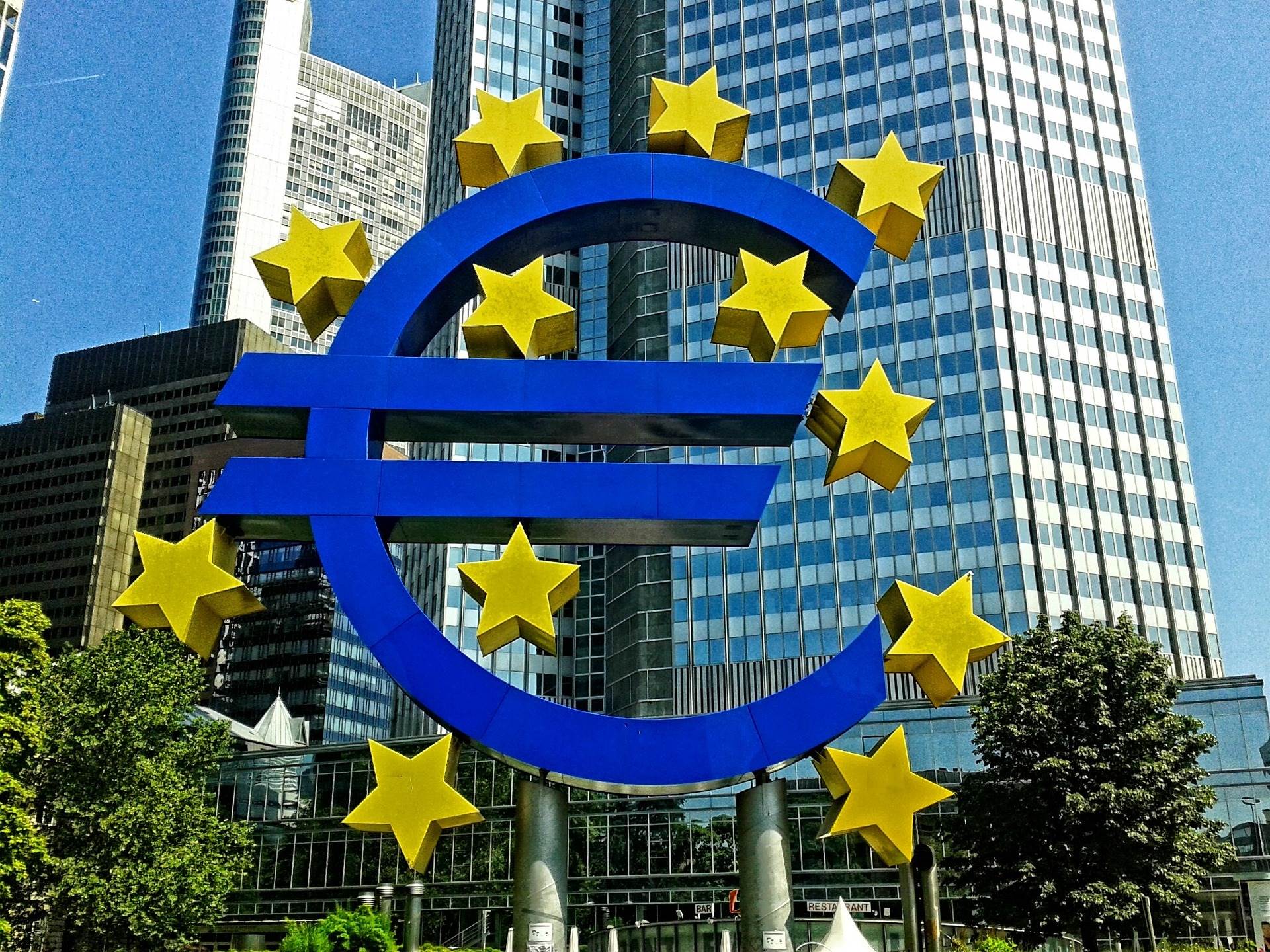 The European Central Bank's policymaker, Francois Villeroy de Galhau said on Wednesday that given the recent inflation data, which shows a low inflation, the European Central Bank must keep the cash rates at the current low levels. According to him, this would aid the eurozone's economic growth and will make easier to finance the additional debt.
The European Central Bank's policymaker, Francois Villeroy de Galhau said on Wednesday that given the recent inflation data, which shows a low inflation, the European Central Bank must keep the cash rates at the current low levels. According to him, this would aid the eurozone's economic growth and will make easier to finance the additional debt.
“Inflation will be low ... that has a very important consequence for the Bank of France and the European Central Bank,” said Villeroy during a radio interview, “In light of the low inflation, we can and should keep interest rates very low, which will help boost the economy and will make it easier to finance the additional debt,” he added.
In its last meeting, the ECB decided to leave the interest rates unchanged at -0.5% percent. The announcement was surprising and came together with the disclosure of an emergency package of stimulus measures whose purpose is aiding the economic performance of the Euro area, which is currently considered an epicenter for the coronavirus epidemic.
Meanwhile, Germany’s Economy Minister Peter Altmaier together with the Finance Minister Olaf Scholz stated that the government is spending around 2 billion euros to support the German start-ups during the coronavirus crisis. In Germany, there are currently 71,921 reported infections and the death toll stands at 781.
“All the normal aid programs are of course also available to start-ups but we also want to do something for companies that have fewer options for obtaining credit lines and who benefit less from short-time working,” explained Altmaier, “That’s why we have come up with this tailored 2 billion euro program which will help start-ups to survive this difficult time,” he added.
Italy's Economy Minister Roberto Gualtieri confirmed that the country's gross domestic product may fall 6 percent due to the effects of the outbreak. Italy is currently the most affected country by the virus, with around 105,792 infections and 12,428 deaths.
"Unfortunately the estimates are realistic... at the same time we can say that (the Italian economy) can aim at a vigorous rebound," he said during an interview. He also announced the implementation of a new stimulus package that would be "significantly larger" than the ones that were announced last month.
By 9:56 GMT the Euro went down against the US dollar by 0.86 percent, falling to the 1.0934 level. Conversely, it dropped against the Swiss Franc by 0.25 percent, falling to the 1.0570 level, and lost ground against the Japanese Yen, falling 0.78 percent, at 117.67.
